#Science / Health
Explore tagged Tumblr posts
Text
Hey. Your brain needs to de-frag. Literally it needs you to sit there and space out.
If you want your memory or executive function to improve, stare out a window at the skyline or sidewalk or trees or birds on the electrical wires for like 20+ minutes per day. (With no other stimulation like a podcast or TV if you can manage but hey baby steps innit). If you're fortunate enough to have safe outside with any bits of nature, go stare closely at a 1 meter square of grass and trip out on the bugs and shapes of grasses and stuff.
Literally this will make you smarter. Our brains HAVE TO HAVE this zone out time to do important stuff behind the scenes. This does not happen during sleep, it's something else.
That weird pressurized feeling you get sometimes might be your brain on no defrag.
Give your brain a Daily Dose Of De-Frag.
#brains#executive function#memory#adhd#mental health#neurodivergent#thanks @the-sacred-now for bringing this up in science shapes the other day#neurology#defrag#daily dose of defrag#now more than ever#stay strong#curate resilience
82K notes
·
View notes
Text
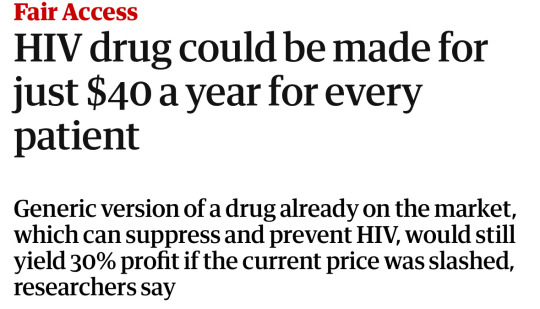


Source
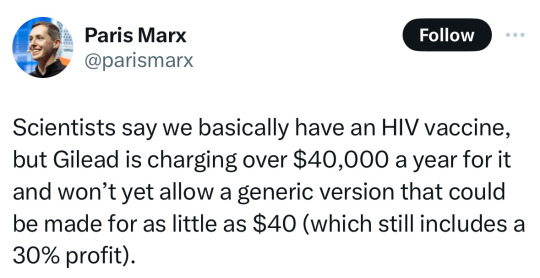
#politics#hiv#us politics#government#gilead#lgbt#lgbtq#progressive#current events#science#medicine#health#health care#the left#twitter post#news
38K notes
·
View notes
Text
A type of flu virus that used to sicken people every year hasn't been spotted anywhere on Earth since March 2020. As such, experts have advised that the apparently extinct viruses be removed from next year's flu vaccines. The now-extinct viruses were a branch of the influenza B family tree known as the Yamagata lineage. Scientists first reported the apparent disappearance of Yamagata viruses in 2021. At that time, experts speculated that precautions taken to stop the spread of COVID-19 — such as masking and social distancing — had not only driven the overall number of flu cases to historic lows but may have completely snuffed out this type of flu virus.
Continue Reading.
21K notes
·
View notes
Text
HETEROSEXUAL CIS-PEOPLE LOOK HERE
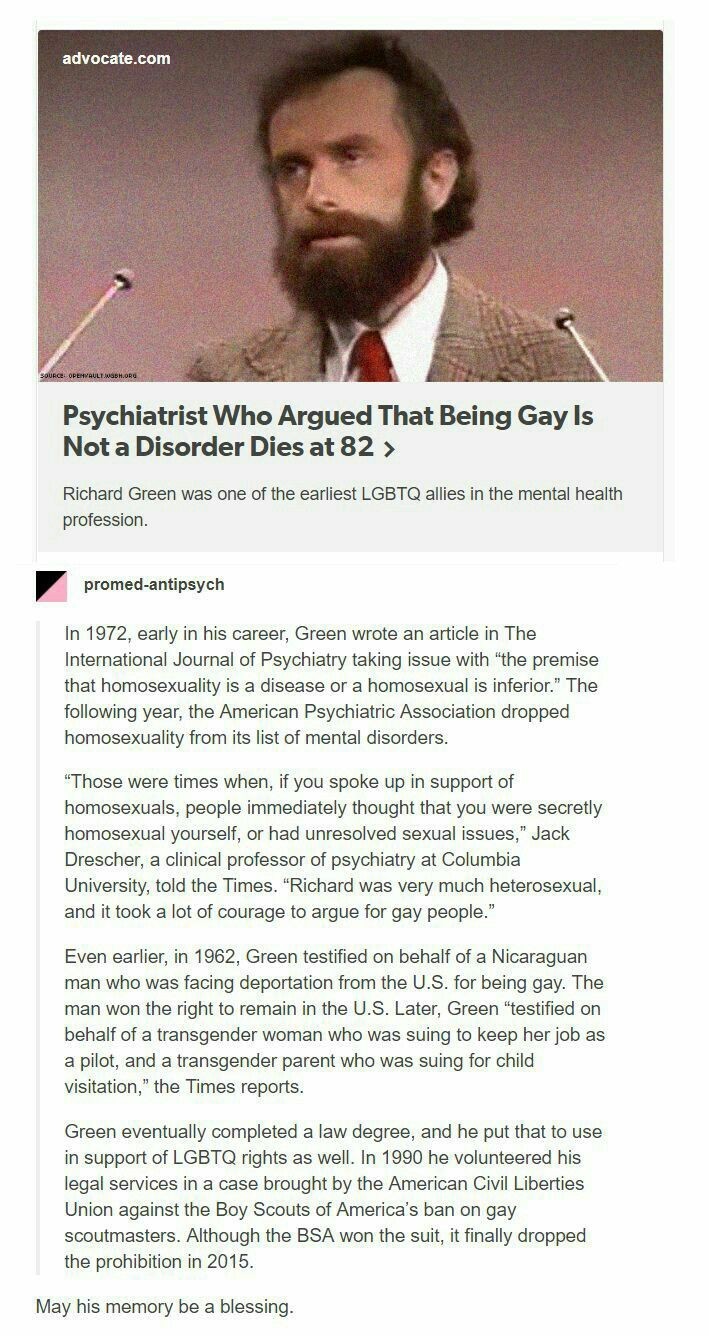
Snaps my fingers at you as you scroll past this post
Look at me. Listen.
I'm not the best at serious posts, but that article up there reminded me of how important it is that people like you stand up for us. So hold on while I try to get this out of my mushy end-of-work-day brain.
We could fight this fight ourselves for decades trying to reach the equal laws, gender affirming trans healthcare that doesn't have a 2-5+ soul-eating years of waiting time, medical care with equal knowledge of lgbtqia+ bodies, and, what is often forgotten, inclusion in the little everyday areas of life like our way of speaking or things being set up or designed with the existence of queer people in mind.
But you joining in could get us there so much faster.
The power you have as a hetero cis person is that you set the standard for what is seen as the average way of treating us among other hetero cis people. You have been given the power of deciding what's "normal" and I'm begging you to use it.
Richard Green is a great example of to what extent your actions can help our situation, and smaller ways of support still add up to a great impact on society, and could make the days of the queer people you interact with.
Educate yourself before you speak up, but don't be silent.
#lgbtqia+#lgbtq#lgbtqia#lgbtq+#lgbtqia+ rights#lgbtq+ rights#lgbtq rights#interesting#article#psychology#mental health#psychologist#reading#culture#cooking#drawing#music#nature#science#baking#pets#inspirational#gaming#photography#fashion#writing
14K notes
·
View notes
Text
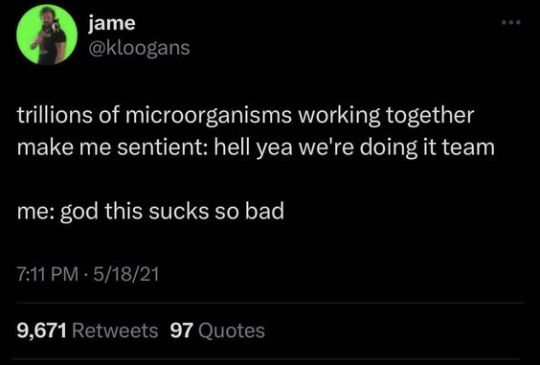
#funny#lol#haha#humor#meme#memes#tweet#twitter#mental health#dank memes#dark humor#introverts#science
13K notes
·
View notes
Text
Here's the top 2 stories from each of Fix The News's six categories:
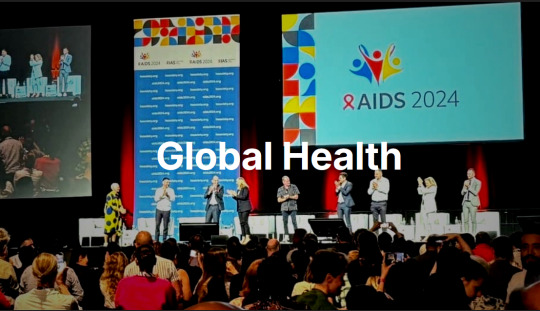
1. A game-changing HIV drug was the biggest story of 2024
In what Science called the 'breakthrough of the year', researchers revealed in June that a twice-yearly drug called lenacapavir reduced HIV infections in a trial in Africa to zero—an astonishing 100% efficacy, and the closest thing to a vaccine in four decades of research. Things moved quick; by October, the maker of the drug, Gilead, had agreed to produce an affordable version for 120 resource-limited countries, and by December trials were underway for a version that could prevent infection with just a single shot per year. 'I got cold shivers. After all our years of sadness, particularly over vaccines, this truly is surreal.'
2. Another incredible year for disease elimination
Jordan became the first country to eliminate leprosy, Chad eliminated sleeping sickness, Guinea eliminated maternal and neonatal tetanus, Belize, Jamaica, and Saint Vincent & the Grenadines eliminated mother-to-child transmission of HIV and syphilis, India achieved the WHO target for eliminating black fever, India, Viet Nam and Pakistan eliminated trachoma, the world’s leading infectious cause of blindness, and Brazil and Timor Leste eliminated elephantiasis.
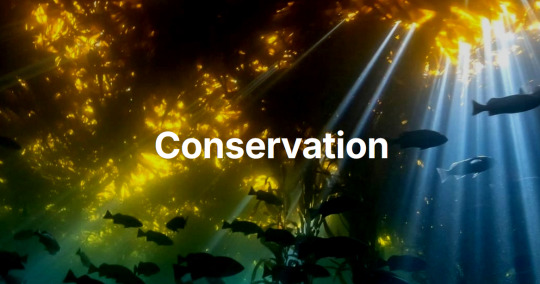
15. The EU passed a landmark nature restoration law
When countries pass environmental legislation, it’s big news; when an entire continent mandates the protection of nature, it signals a profound shift. Under the new law, which passed on a knife-edge vote in June 2024, all 27 member states are legally required to restore at least 20% of land and sea by 2030, and degraded ecosystems by 2050. This is one of the world’s most ambitious pieces of legislation and it didn’t come easy; but the payoff will be huge - from tackling biodiversity loss and climate change to enhancing food security.
16. Deforestation in the Amazon halved in two years
Brazil’s space agency, INPE, confirmed a second consecutive year of declining deforestation in the Brazilian Amazon. That means deforestation rates have roughly halved under Lula, and are now approaching all time lows. In Colombia, deforestation dropped by 36%, hitting a 23-year low. Bolivia created four new protected areas, a huge new new state park was created in Pará to protect some of the oldest and tallest tree species in the tropical Americas and a new study revealed that more of the Amazon is protected than we originally thought, with 62.4% of the rainforest now under some form of conservation management.
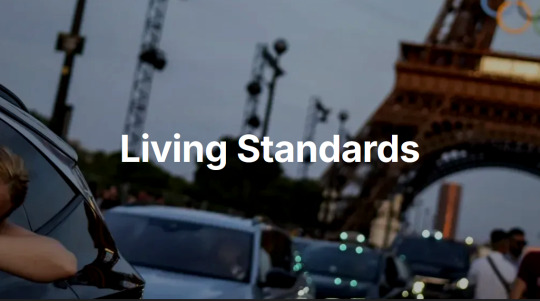
39. Millions more children got an education
Staggering statistics incoming: between 2000 and 2023, the number of children and adolescents not attending school fell by nearly 40%, and Eastern and Southern Africa, achieved gender parity in primary education, with 25 million more girls are enrolled in primary school today than in the early 2000s. Since 2015, an additional 110 million children have entered school worldwide, and 40 million more young people are completing secondary school.
40. We fed around a quarter of the world's kids at school
Around 480 million students are now getting fed at school, up from 319 million before the pandemic, and 104 countries have joined a global coalition to promote school meals, School feeding policies are now in place in 48 countries in Africa, and this year Nigeria announced plans to expand school meals to 20 million children by 2025, Kenya committed to expanding its program from two million to ten million children by the end of the decade, and Indonesia pledged to provide lunches to all 78 million of its students, in what will be the world's largest free school meals program.
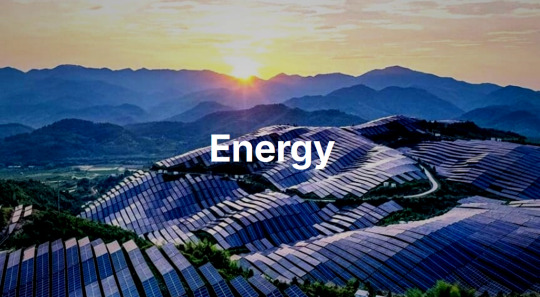
50. Solar installations shattered all records
Global solar installations look set to reach an unprecedented 660GW in 2024, up 50% from 2023's previous record. The pace of deployment has become almost unfathomable - in 2010, it took a month to install a gigawatt, by 2016, a week, and in 2024, just 12 hours. Solar has become not just the cheapest form of new electricity in history, but the fastest-growing energy technology ever deployed, and the International Energy Agency said that the pace of deployment is now ahead of the trajectory required for net zero by 2050.
51. Battery storage transformed the economics of renewables
Global battery storage capacity surged 76% in 2024, making investments in solar and wind energy much more attractive, and vice-versa. As with solar, the pace of change stunned even the most cynical observers. Price wars between the big Chinese manufacturers pushed battery costs to record lows, and global battery manufacturing capacity increased by 42%, setting the stage for future growth in both grid storage and electric vehicles - crucial for the clean flexibility required by a renewables-dominated electricity system. The world's first large-scale grid battery installation only went online seven years ago; by next year, global battery storage capacity will exceed that of pumped hydro.
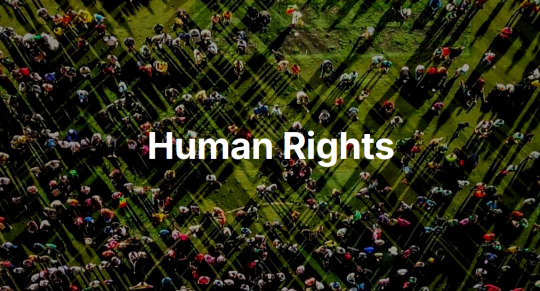
65. Democracy proved remarkably resilient in a record year of elections
More than two billion people went to the polls this year, and democracy fared far better than most people expected, with solid voter turnout, limited election manipulation, and evidence of incumbent governments being tamed. It wasn't all good news, but Indonesia saw the world's biggest one day election, Indian voters rejected authoritarianism, South Korea's democratic institutions did the same, Bangladesh promised free and fair elections following a 'people's victory', Senegal, Sri Lanka and Botswana saw peaceful transfers of power to new leaders after decades of single party rule, and Syria saw the end of one of the world's most horrific authoritarian regimes.
66. Global leaders committed to ending violence against children
In early November, while the eyes of the world were on the US election, an event took place that may prove to be a far more consequential for humanity. Five countries pledged to end corporal punishment in all settings, two more pledged to end it in schools, and another 12, including Bangladesh and Nigeria, accepted recommendations earlier in the year to end corporal punishment of children in all settings. In total, in 2024 more than 100 countries made some kind of commitment to ending violence against children. Together, these countries are home to hundreds of millions of children, with the WHO calling the move a 'fundamental shift.'
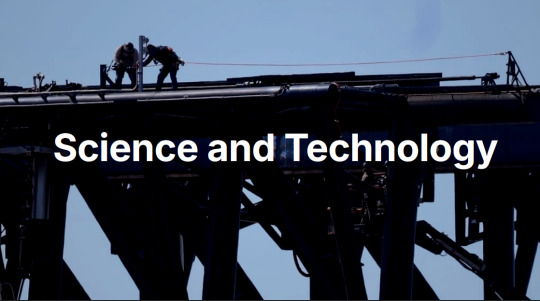
73. Space exploration hit new milestones
NASA’s Europa Clipper began a 2.9 billion kilometre voyage to Jupiter to investigate a moon that may have conditions for life; astronomers identified an ice world with a possible atmosphere in the habitable zone; and the James Webb Telescope found the farthest known galaxy. Closer to Earth, China landed on the far side of the moon, the Polaris Dawn crew made a historic trip to orbit, and Starship moved closer to operational use – and maybe one day, to travel to Mars.
74. Next-generation materials advanced
A mind-boggling year for material science. Artificial intelligence helped identify a solid-state electrolyte that could slash lithium use in batteries by 70%, and an Apple supplier announced a battery material that can deliver around 100 times better energy density. Researchers created an insulating synthetic sapphire material 1.25 nanometers thick, plus the world’s thinnest lens, just three atoms across. The world’s first functioning graphene-based semiconductor was unveiled (the long-awaited ‘wonder material’ may finally be coming of age!) and a team at Berkeley invented a fluffy yellow powder that could be a game changer for removing carbon from the atmosphere.
-via Fix The News, December 19, 2024
#renumbered this to reflect the article numbering#and highlight just how many stories of hope there are#and how many successes each labeled story contains#2024#good news#hope#hope posting#hopeposting#hopepunk#conservation#sustainability#public health#energy#quality of life#human rights#science and technology
3K notes
·
View notes
Text

Hubble Space Telescope: Exploring the Cosmos and Making Life Better on Earth
In the 35 years since its launch aboard space shuttle Discovery, the Hubble Space Telescope has provided stunning views of galaxies millions of light years away. But the leaps in technology needed for its look into space has also provided benefits on the ground. Here are some of the technologies developed for Hubble that have improved life on Earth.

Image Sensors Find Cancer
Charge-coupled device (CCD) sensors have been used in digital photography for decades, but Hubble’s Space Telescope Imaging Spectrograph required a far more sensitive CCD. This development resulted in improved image sensors for mammogram machines, helping doctors find and treat breast cancer.
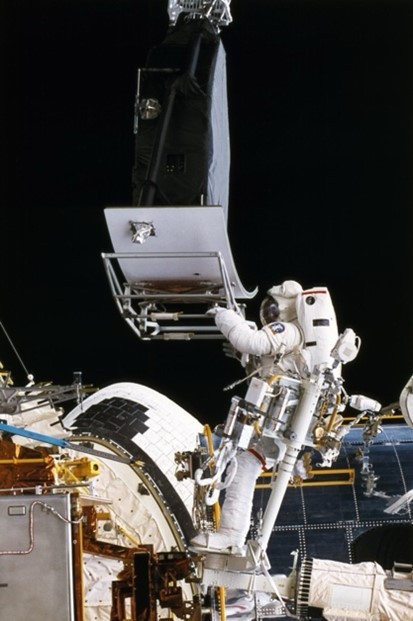
Laser Vision Gives Insights
In preparation for a repair mission to fix Hubble’s misshapen mirror, Goddard Space Flight Center required a way to accurately measure replacement parts. This resulted in a tool to detect mirror defects, which has since been used to develop a commercial 3D imaging system and a package detection device now used by all major shipping companies.

Optimized Hospital Scheduling
A computer scientist who helped design software for scheduling Hubble’s observations adapted it to assist with scheduling medical procedures. This software helps hospitals optimize constantly changing schedules for medical imaging and keep the high pace of emergency rooms going.

Optical Filters Match Wavelengths and Paint Swatches
For Hubble’s main cameras to capture high-quality images of stars and galaxies, each of its filters had to block all but a specific range of wavelengths of light. The filters needed to capture the best data possible but also fit on one optical element. A company contracted to construct these filters used its experience on this project to create filters used in paint-matching devices for hardware stores, with multiple wavelengths evaluated by a single lens.
Make sure to follow us on Tumblr for your regular dose of space!

2K notes
·
View notes
Text

#ftm#transmasc#trans boy#trans man#trans#trans guy#transgender#trans resources#trans health#trans research#science#trans healthcare
16K notes
·
View notes
Text
400,000 new cases of tuberculosis (TB) were estimated to have been prevented by these rats, whose sense of smell would make a bloodhound take notice. As the number-one killer among infectious diseases worldwide, many of those 400,000 can be translated into lives saved.
“Not only are we saving people’s lives, but we’re also changing these perspectives and raising awareness and appreciation for something as lowly as a rat,” said Cindy Fast, a behavioral neuroscientist who coaches the rodents for the nonprofit APOPO.
“Because our rats are our colleagues, and we really do see them as heroes.”
APOPO uses giant pouched rates to sniff out traces of TB in the saliva of patients. In parts of Tanzania, a saliva smear test under a microscope by a human may only be 20-40% effective at detecting TB.
By contrast, a giant pouched rat like Ms. Carolina, a now-retired service rat who worked for APOPO for 7 years, raised the rates of detection on TB samples by 40% in the clinic where she worked.
It would take 4 days for scientists to analyze the number of samples that Carolina could screen in 20 minutes. For that reason, when Carolina retired last November, a party was thrown at the clinic in her honor, and she was given a cake.
TB is sometimes thought of as a thing of the past—a disease for which doctors used to prescribe “dry air,” leading modern humors to muse at the antiquated, pre-antibiotic medical advice.
But it remains the number-one cause of death globally from a single infectious pathogen, and Tefera Agizew, a physician and APOPO’s head of tuberculosis, told National Geographic that once people see what the nonprofit’s rodents can do to slow the spread, they “fall in love with them.”
3,000 times in her career did Carolina detect one of the six volatile compounds that can be used to identify Mycobacterium tuberculosis, and she got a hero’s send off to a special compound to live out the rest of her days with her closet friend and sniffer colleague Gilbert, in a shaded enclosure dubbed “Rat Florida.”
“We’ve made special little rat-friendly carrot cakes with little peanuts and things on it that the rat would enjoy,” Fast said. “Then we all stand around and we clap, and we give three cheers, hip hip hooray for the hero, and celebrate together. It’s really a touching moment.”
#good news#animals#rats#TB#tuberculosis#africa#east africa#animal helpers#working rats#working animals#diseases#health and wellness#science#nature
2K notes
·
View notes
Text
I did a post asking about this ages ago, but now that there's polls, I'd like to do another round for this question, since it always has me curious:
Also, I am not including stuff like "I just stay up thinking about things that make me anxious", since this is specifically about things that help you sleep, not things that keep you up!
Just curious how widespread this practice is!
#poll#hopefully this goes over much better than the last one lol#I really wish someone would do a science with this#it seems like the necessity of fiction to our physical health could be a neat thing to study#sleep#imagination#storytelling
3K notes
·
View notes
Text
'Like many debunked ideas, hygiene theory and the myth of the bored immune system have become entrenched. A couple of years ago, hygiene theory got repackaged as "immunity debt." Now Americans, Canadians, and many Europeans think they need to get sick to stay healthy. The elites have absolutely no problem with that. It saves them countless billions to let everyone continue thinking they're better off letting diseases run around in their cells.
So:
Your immune system doesn't work like a muscle. It doesn't get stronger the more it's exposed to different harmful germs.
It doesn't need practice.
...
Think of it like this:
Your body already knows how to heal its skin and bones. You don't have to teach it how to do that by cutting yourself or breaking your arm.
As it happens, many westerners also think bones grow back stronger after they're broken and scar tissue is tougher than normal skin.
That's also false.
Scar tissue remains functionally deficient in many ways compared to uninjured skin. Broken bones form a temporary calcium callus that's stronger than ordinary bone, but it's eventually replaced.
These misguided ideas fit in a culture obsessed with tough love, the idea that abusing someone somehow builds their character. And while it might make you interesting, it's certainly not "good" for you.'
— Jessica Wildfire
#Jessica Wildfire#immune system#health#science#book quotes#quotes#vaccine#quoteoftheday#life quote#book quote#beautiful quote#quote#quotable#ausgov#politas#auspol#tasgov#taspol#australia#fuck neoliberals#neoliberal capitalism#anthony albanese#albanese government#covid 19#still coviding#long covid#covid conscious#covid#measles#flu
933 notes
·
View notes
Text



Source
#abolish ice#politics#us politics#government#trump administration#cancer#public health#health#science#immigration#current events#news#Russia
6K notes
·
View notes
Text
Researchers have just discovered a process in fruit flies which links inflammation with impaired motor function, providing researchers with a potential target for treating the persistent muscle fatigue that follows many infections. Of long COVID's numerous symptoms, an intolerance to exertion could be considered one of the more debilitating. "This is more than a lack of motivation to move because we don't feel well," says Washington University developmental biologist Aaron Johnson. "These processes reduce energy levels in skeletal muscle, decreasing the capacity to move and function normally."
Continue Reading.
7K notes
·
View notes
Text
Trump may be about to sign the death sentence of the National Institute of Health, and, by extension, the Office of Lab Animal Welfare.
He gutted research animal protections.
Any vertebrate that isn't a mammal will have no rights.
Neither will mice or rats.
If NIH grants are stopped, researchers can't pay anyone. They can't perform research. They can't pay for veterinary services.
They won't be required to provide veterinary services.
The only medical research that will happen will be self funded by big pharma, and they can torture the animals and skew all the lab results that they want.
Just like Musk did to the primates in his neuralink research.
I don't know what's going to happen to me or anyone else at the university where I work. My job is to make sure the animals are treated humanely and to provide veterinary care. I'm especially scared about what's going to happen to those research animals if veterinary staff gets laid off. The USDA only covers mammals, and it doesn't even cover all of them. Every rat I've ever made a tiny paper gift box full of marshmallows for, every mouse I've ever watched grow up, every rodent I've ever separated from an aggressive dominant brother and then treated their tiny wounds, they have no protections if NIH goes down. Decades of research into humane handling, euthanasia, and animal behavior will be tossed aside and wasted.
Please, do everything you can. Protest. Contact your representatives. Anything you can do. Do it for science, for medicine, for people's lives, for people's jobs, and for the animals.
Edit: thank you to everyone who's spreading this, but please reblog the updated reblog that I have pinned to my profile. The NIH is no longer frozen, but "indirect expenses" limits is just as big a threat to lab animal welfare, scientific integrity, and people's jobs as an NIH freeze.
#nih#cdc#us politics#national institutes of health#research#department of health and human services#public health#donald trump#OLAW#office of lab animal welfare#usda#us department of agriculture#animal rights#animal care#animal health#science#cancer research#disease research#public health service#elon musk#presidential election of 2024#fuck elon#fuck trump#president trump#trump 2024#dump trump#infectious diseases#animal welfare#animal welfare regulations#mouseblr
1K notes
·
View notes
